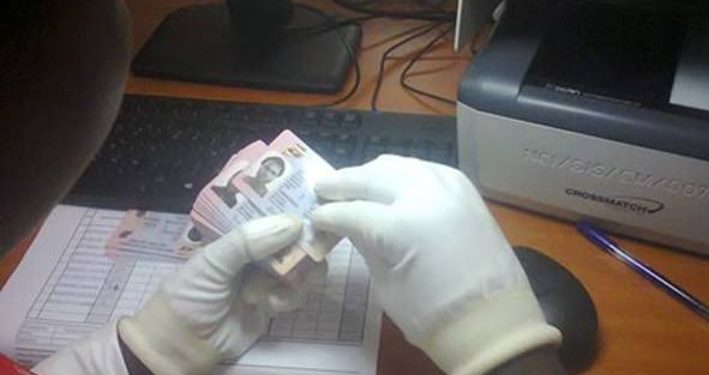A section of human rights defenders has advised government to utilize the delayed roll out of the mass registration of citizens for national identity cards to address some of the existing gaps within the National Security Identification System (NSIS).
Last week, the National Identification and Registration Authority (NIRA) extended the date for mass enrollment and registration of Ugandans for national identity cards without giving specific reasons.
The exercise was initially meant to start of June 1st 2024, but according to NIRA management the postponement of the exercise is attributed to unforeseen delays within the procurement process.
Addressing journalists in Kampala, Freda Nalumansi, the Research and Advocacy Officer, Unwanted Witness Uganda said one of their major concerns is the financial burden on citizens who would wish to renew or make changes on their ID data at a cost of 50,000 and 200,000 respectively.
“Our population as a country is composed of very young people who are jobless, the category of the population that fits in the informal sector is quite big and they are the one that are really disadvantaged an then you put the replacement fee at 50,000 that is quite high,” said Nalumansi.
The other challenge, she says, is the mandatory use of national IDs for accessing crucial services without viable alternative options leading to the exclusion of vulnerable groups.








